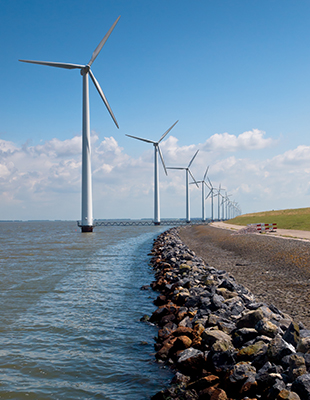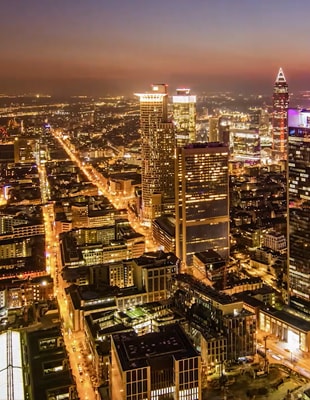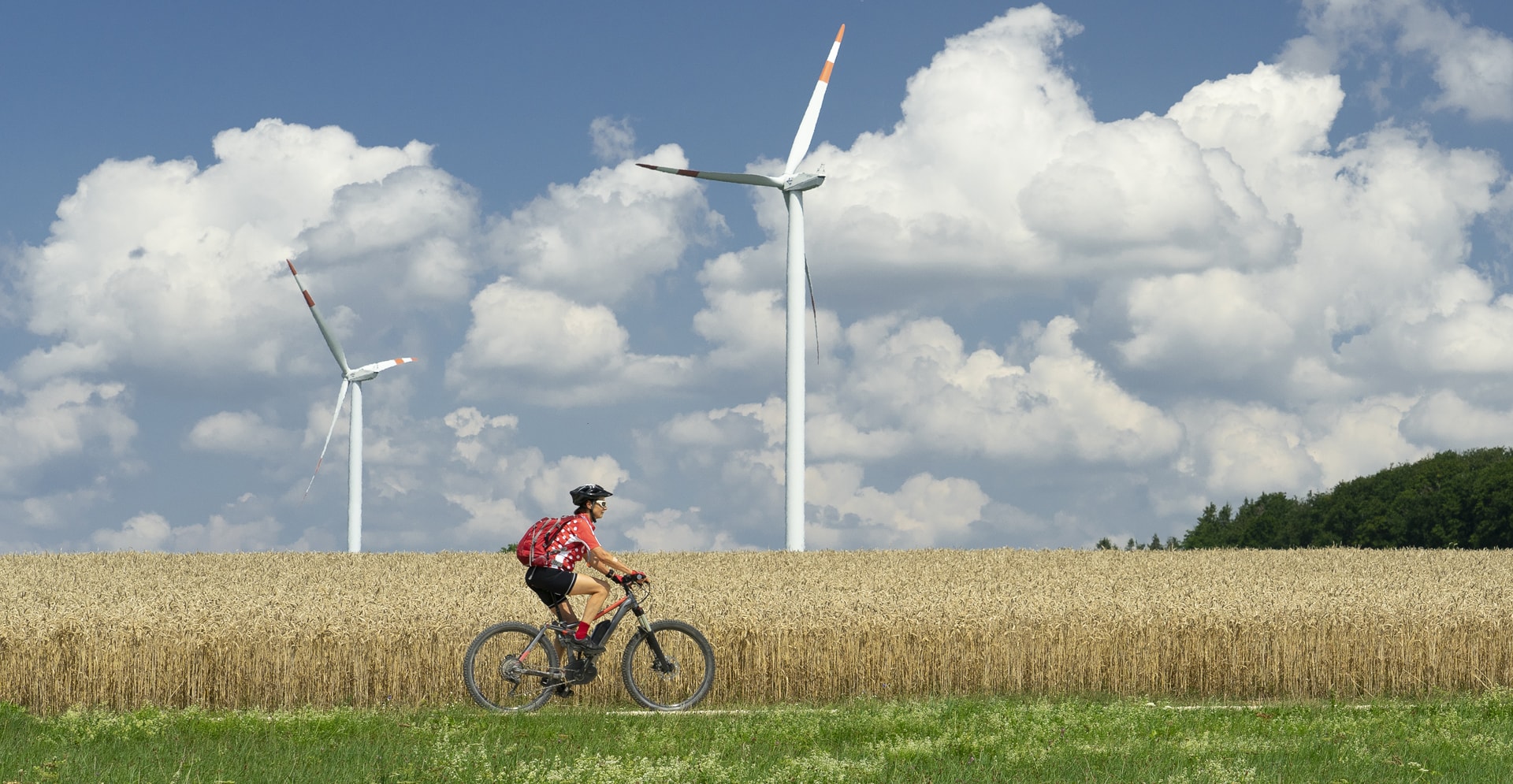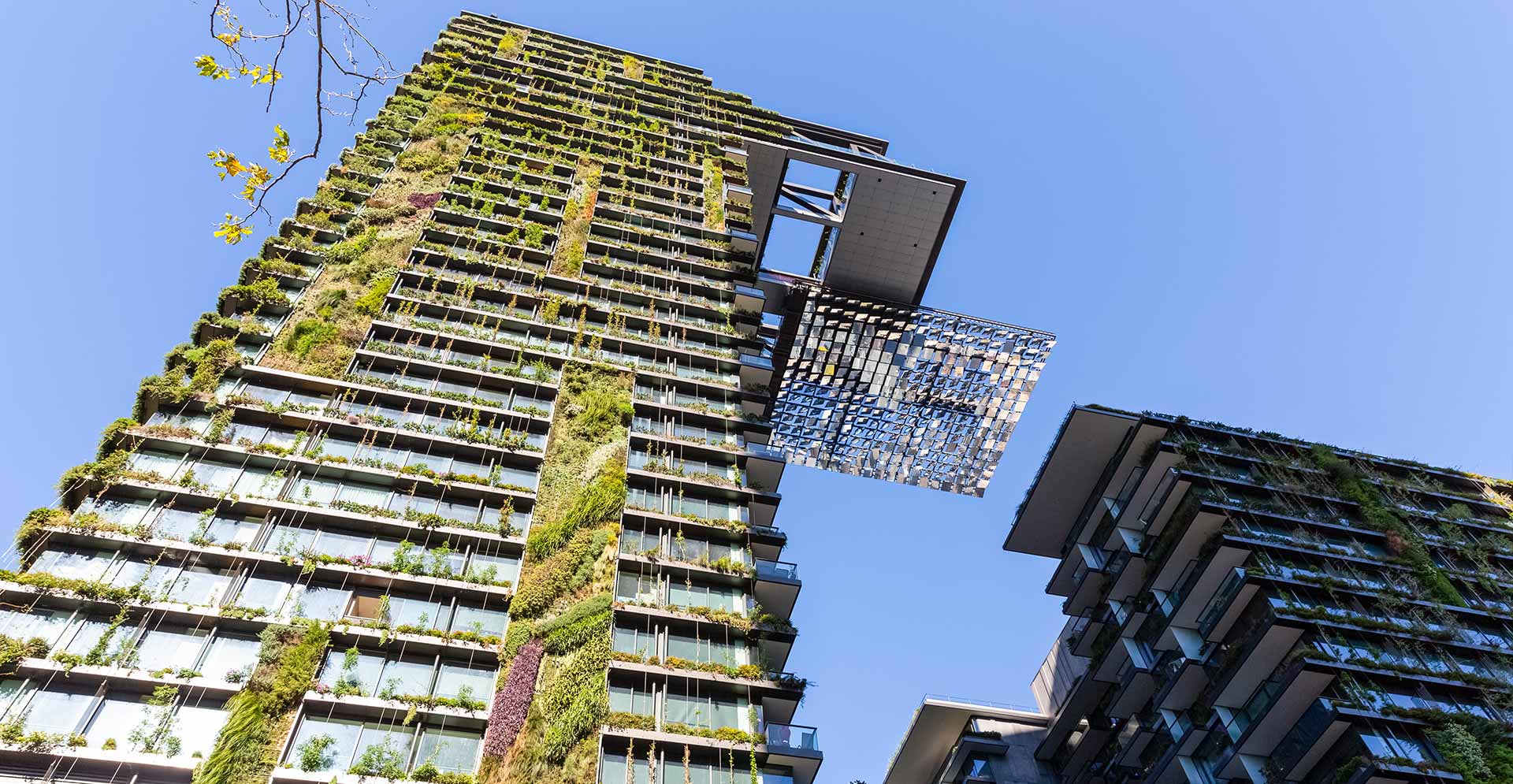Table of Contents
The challenge
The City of Wolverhampton Council has committed to reaching net zero carbon emissions by 2041. Renewable sources of energy will be key.
100%
The City of Wolverhampton Council was the first local authority in the Black Country to declare a climate emergency, stepping forward with a commitment to improve sustainability and reach net zero carbon emissions across the region by 2041. Renewable sources of energy are key when it comes to tackling climate change, so when the Council partnered with Royal Wolverhampton NHS Trust to build a solar farm that would supply energy directly to New Cross Hospital, it was important to move quickly to gain the necessary planning consents. Arcadis was called in to help get the project off the ground by preparing and submitting a planning application that would allow the project to proceed.
The solution
The Council partnered with Royal Wolverhampton NHS Trust to build a solar farm to supply energy directly to New Cross Hospital - we helped to secure the necessary planning consents.
£15 - £20m
The new solar farm will be the size of 21 football pitches. Located on a former landfill site, it will link to Wolverhampton’s largest hospital via an underground cable stretching 0.5 miles between the two sites to supply 6.9MWp of clean, renewable energy every year.
To enable the project to proceed our first task was to assess and identify any potential risks that might deter the Council’s Planning Committee from approving the application. Given that this was a direct instruction from the leader of the Council’s office, we had to move quickly to engage with the council’s project team and internal departments. Our priority here was to ensure that the application process complied with Local and National planning policy and could be submitted and validated without prejudice.
-
READ MORE
We also faced further time pressures in that the application had to be submitted before local elections. This gave us a window of just thirteen weeks to review all the planning documents, consult with project and technical specialists, and then prepare and submit a robust planning submission.
The fact that the land is toxic meant that the 28-acre site couldn’t be used for any other type of building. However, because of the huge scale of the area, we had to assess the ecological landscape and visual impact that any development might have. For example, our site surveys identified that badgers used the area and so, before planning could proceed, we had to demonstrate that careful mitigation measures had been undertaken. We liaised closely with council departments throughout the process to ensure trees will be replanted efficiently and that the nature and ecology of the site will be conserved.

The impact
New Cross Hospital will be the first hospital in England to be fully powered by renewable energy, with savings reinvested straight back into frontline healthcare.
1st
New Cross Hospital will be the first hospital in England to be fully powered by renewable energy. Given the essential nature of healthcare services, back-up will be available from the grid if needed, but it is expected that the solar farm will be able to power all of the hospital’s electronic needs. This will result in significant savings of £15 - £20 million over the next 20 years - money that will be reinvested straight back into supporting frontline healthcare services to ensure that the people of Wolverhampton are the ones that will benefit for generations to come.
Building the solar farms also means that the unused land will be put back into productive use. The scheme is being seen as a model for other cities in the race to cut carbon emissions. By investing in sustainability, Wolverhampton will secure its reputation as a city where future generations can thrive.
Behind the solution
Not done reading?
This also might be interesting for you
- Related Projects
- Related Insights
- Related Blogs















